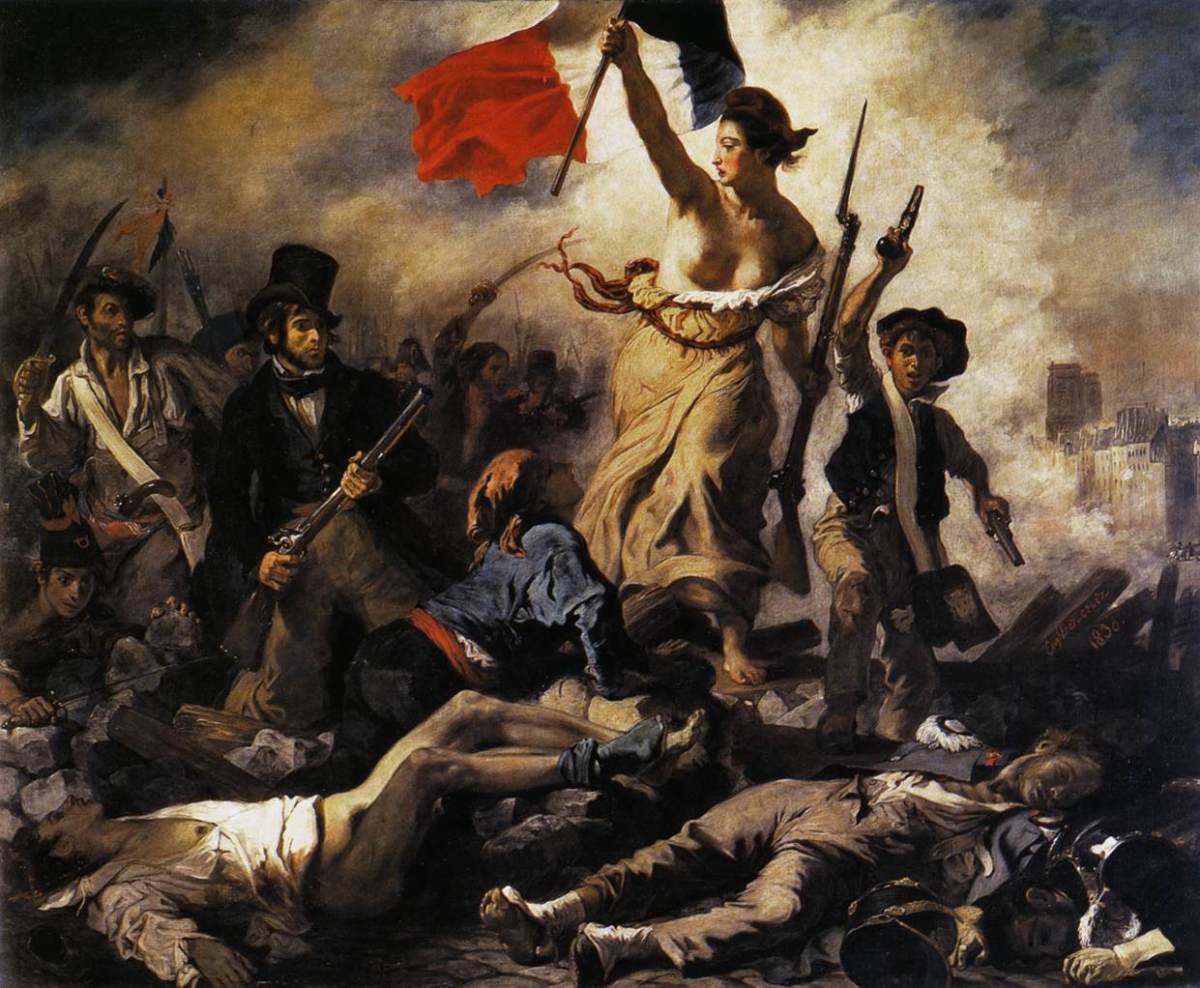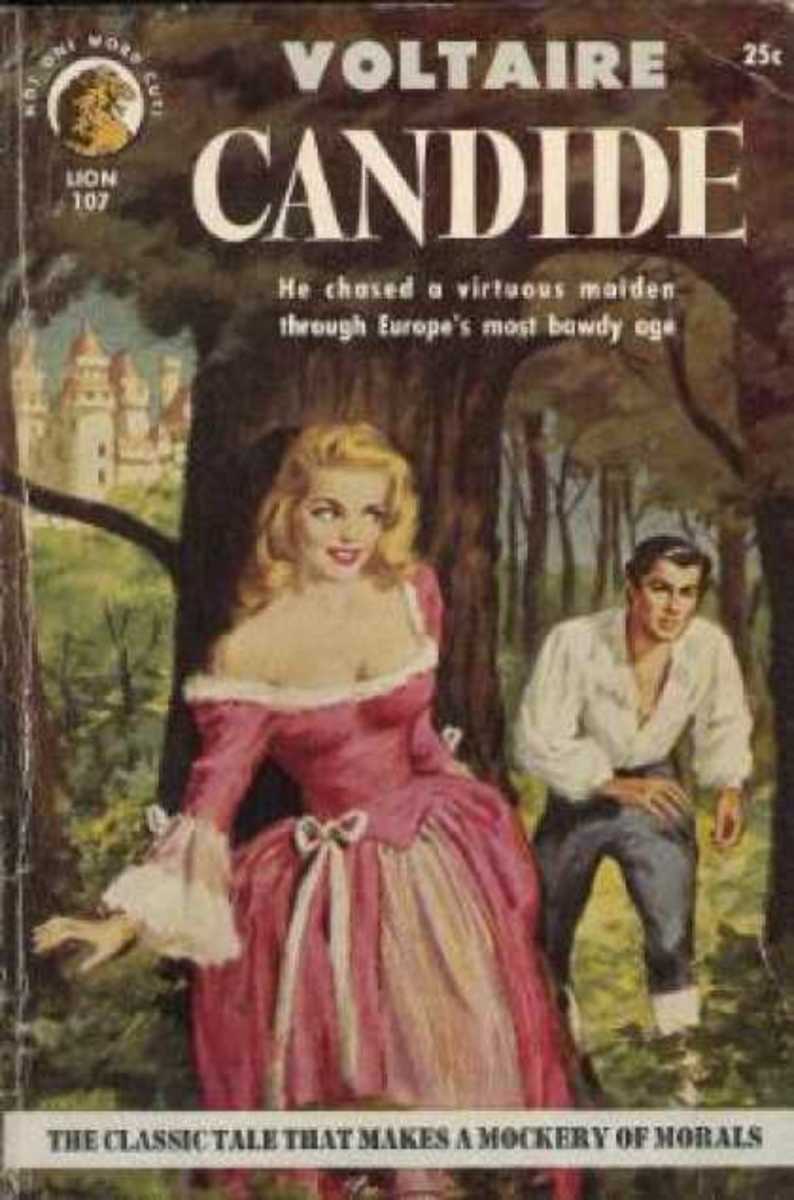Blink and You'll Miss It
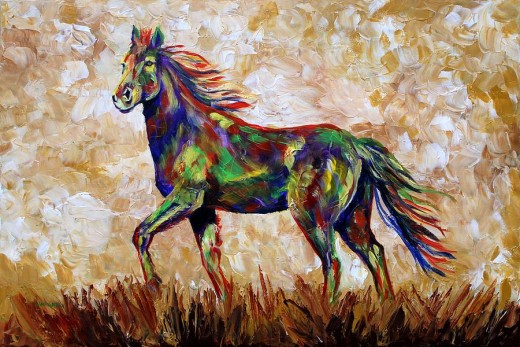
A Horse of a Different Color
Eras of time are marked by specific events in order to develop progression or change as some cynics may prefer to call it. This allows each generation to organize the multiple events occurring over time and give them tangible evidence of existence. One may say the difficulty of doing so is unfathomable. Time multi-tasks in such a way that change will transpire seamlessly; truly like that of a horse of a different color. If you blink, you will miss it. While it is challenging to select the elemental events that occur during an era, literature has made doing so markedly easier because authors have not failed to document them using the numerous methods that time itself has allowed to develop. One such tumultuous era to exist is the 17th century, particularly in Europe and specifically in Great Britain. This age, nation and culture experienced events that have transformed the world to include exploratory revolution, political and religious divide and the revival of long silent literary forms. This article will expound on the aforementioned currents of thought during the 17th century, focusing on the impacts that occurred in the literary realm.
William Dampier
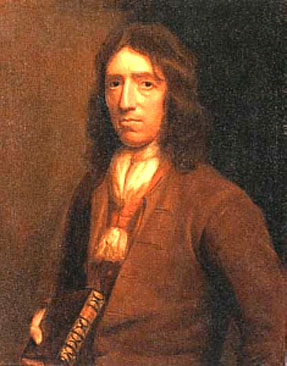
The term “revolution” holds connotations that can be likened to radicalism, publicity and even violence. The age of exploration as well scientific advancement that occurred during the 17th century was quite revolutionary, albeit limited to intellectual radicalism and violence. In his book The Scientific Revolution, Steven Shapin states, “More fundamentally, some historians now wish to understand the concrete human practices by which ideas or concepts are made” (4). The practices Shapin mentions include the intense grasp that natural philosophy had on the thinkers of the 17th century. There was a push to turn away from the study of books and other writings previously held elite and instead observe and experience nature’s events to understand what was occurring. There were many individuals who embraced this concept and, fortunate enough for following generations, used literary formats to lay the groundwork for scientific and exploratory revolution. In their work Measuring the Marvelous: Science and the Exotic in William Dampier it is stated, “The Royal Society, which took upon itself to arbitrate on late seventeenth-century travel reporting, was fundamentally opposed to any romanticizing of the unfamiliar by those who (unlike Mandeville) actually experienced it…” (Barnes and Mitchell 47). Once such individual was William Dampier, who can be considered an explorer or buccaneer or pirate or scientist, with the list continuing. Dampier’s contributions to the world of science were fundamental and his method of documentation was exactly as the Royal Society preferred. He used a journalistic and scientifically detached approach upon writing of the experiences he encountered during his explorations. Diana and Michael Preston state in their book, A Pirate of Exquisite Mind, “But perhaps Dampier’s greatest gift was to convey in words to his fellow countrymen the frontiers opening up around them” (6). Dampier was meticulous when preserving his writings and observations, which opened the doors for scientific advancement as well as literary change during the 17th century. Literature edged away from the romantic version of human experience and maneuvered toward a more realistic explanation of the natural world.
17th Century Great Britain
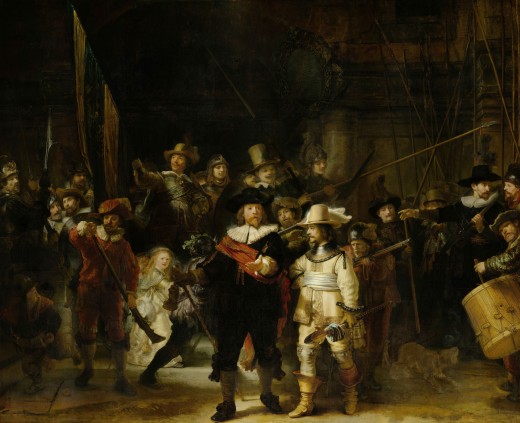
As well as the natural world, literary entrepreneurs clasped the spiritual world. There was a plethora of authors who wrote during the religious controversies which engulfed 17th century Great Britain. Brooke Conti writes, “The violence and extremism that raged through all of Early Modern Christendom for more than a century was argued as part of a single crisis: one that was about textual interpretation and ultimately about grammar” (711). Using the fundamental aspects of writing, such as syntax and vocabulary, poets conveyed their own perspectives of the religious dissension in which they were living. Milton embraced an epic narrative with Paradise Lost, Donne chose ambiguous innuendoes in his satires and sonnets, and Behn revived the long silent drama with The Rover. There are tireless subjects that authors, poets and playwrights select as components of their works or use as unconscious influence. The religious controversy of 17th century Great Britain proved elemental in the diversity of literature that rose from it. Readers the world over have experienced the tenacity and re-invention of literary forms through these authors in addition to how different they can be in creating it. Perception is reality and the religious influence of key poets like Donne and Milton reflect religious perspective. For example, in Book IX Milton writes, “And tortures him now more, the more he sees / Of pleasure not for him ordained: then soon / Fierce hate he recollects, and all his thoughts / Of mischief, gratulating, thus excites” (lines 469-472). In Holy Sonnet 1, Donne writes, “Why doth the devil usurp in me? / Why doth he steal, nay ravish, that’s thy right?” (10-11) and “That thou lov’st mankind well, yet wilt not choose me, / And Satan hates me, yet is loath to lose me” (13-14). The interpretation of Satan’s intent is reflected in the writing of each poet as well as the respective Protestant v. Catholic beliefs of each. Milton’s Protestant influence is shown through the concept of free will in humanizing Satan with contemplation and decision. Donne, an early Catholic turned Protestant, writes to God needing answers with an almost unclear understanding of His intent for mankind, a silent indicator of the use of priests and the Church as interpreters for Catholic believers.
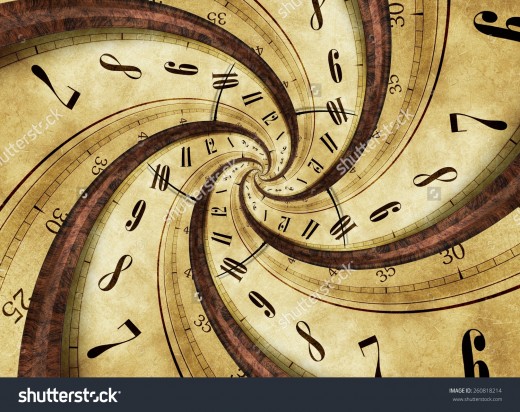
The revival of literary forms extends beyond the poem, although it also underwent transformation with the emergence of epic poetry and the haiku. The 17th century began to see more diverse formats for authors to document their experiences as well as interpretations of the natural and spiritual worlds. This is evident in the journal writings of Dampier and also prominent Englishmen such as Samuel Pepys and Samuel Sewall. These individuals documented their daily lives but in doing so provided the rest of the world and its future literary audiences with insight into controversial affairs like pirating, witch trials and the Restoration. In addition to the emergence of journal writing, the Restoration brought back drama to the artistic world. Literary critic Virginia Brackett states, “For 11 years, most drama and art was censored, mirroring the lack of free expression supported by Cromwell and his Protestant faction” (par. 7). Charles II, as an avid patron of drama, revived the arts in the late 17th century. The stifled artistic expression from the early part of the century ignited a revival of a new literary age and not only returned these long silent forms but also gave confidence to authors and playwrights to dissent even more from societal stigmas. This is apparent in Aphra Behn’s drama, The Rover, where she endows her lead characters with feminism and satirical exaggeration. As a female writer with fierce independence, Behn very much stood alone in her expressive work but the revival of artistic expression in the 17th century provided a stepping stone for future writers like herself.
Change…progression…whatever a person may call it is inevitable. The evidence of the numerous events that occurred in the 17th century is but one example of how the abstract concept of time will multi-task regardless of how aware the world may be of it doing so. As an art form, literature abounds in exposing the many events that may occur over time in a variety of ways to include poetry, journalistic narratives and drama. The compilation of these provide for the world a broad scope of the multiple tasks that time is accomplishing and their authors, while possibly unappreciated in their own time, ccreate change and revolution exponentially.

